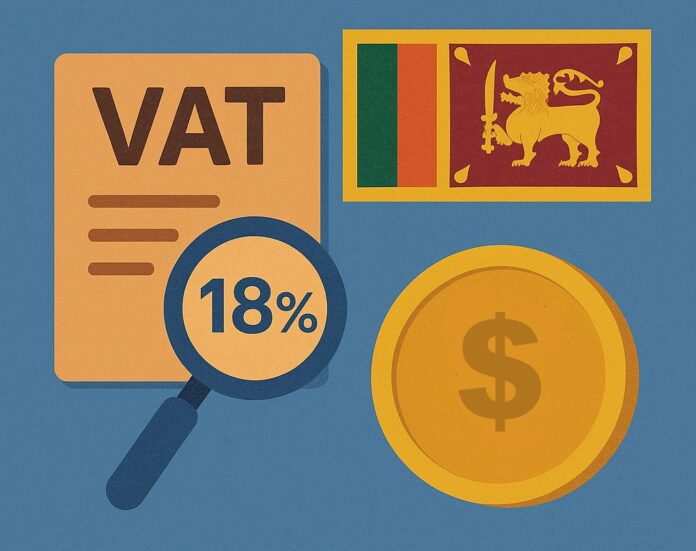October 26, Colombo (LNW): Sri Lanka’s Board of Investment (BOI) is working closely with the government to resolve issues stemming from the imposition of value added tax (VAT) on locally manufactured inputs, which has discouraged domestic sourcing within export industries.
BOI Chairman Arjuna Herath confirmed that the agency is “actively engaged” in addressing the problem, which has become a pressing concern for sectors such as apparel and textiles.
The removal of the Simplified Value Added Tax (SVAT) system has been met with significant criticism from exporters, particularly those in the apparel sector. Under the previous SVAT framework, local producers could sell goods to exporters without charging VAT, thus avoiding cashflow disruptions and interest costs. The elimination of this system has created liquidity challenges for exporters, who must now pay VAT upfront and later wait for refunds.
Herath noted that the BOI has already submitted proposals to the Ministry of Finance as part of the forthcoming national budget to mitigate the negative impact of the tax change. Discussions have also taken place with the Inland Revenue Department to explore possible interim measures that could apply to firms operating within export processing zones.
“We are in dialogue with the authorities to find a workable solution—one that would allow deemed exporters to continue operating efficiently within the current VAT framework,” he said.
Sri Lanka’s apparel industry has invested heavily in backward integration to strengthen domestic production capacity. The Eravur Textile Zone, established to produce high-quality fabric locally, represents a major component of this strategy.
However, industry leaders warn that continued VAT-related cashflow pressure could force manufacturers to scale back these efforts, undermining the country’s competitive edge against regional rivals such as Vietnam and Taiwan—both of which maintain zero-rated VAT systems for sales to export firms.
In contrast to imported raw materials, which are exempt from VAT in Sri Lanka, locally sourced inputs are now taxed, placing domestic suppliers at a disadvantage. Analysts caution that this policy could drive local buying offices and support industries to relocate abroad, echoing the concerns voiced by exporters in recent months.
The impact has not been limited to the apparel sector. Tea exporters have reported that the removal of SVAT has increased their financing costs, with tea prices reportedly dropping by around Rs. 100 per kilogram shortly after the change, though some recovery is anticipated once VAT refunds are processed.
Economists note that such fiscal adjustments often follow balance of payments crises linked to monetary instability. Historically, Sri Lanka has responded to these crises by raising taxes, which in turn has led to calls for special tax concessions for export-oriented and foreign-invested enterprises.
Currently, Sri Lanka’s corporate tax rate stands at 30 percent—considerably higher than the 20 percent rate seen in many East Asian economies with more stable monetary frameworks.
Herath reiterated that the BOI remains committed to supporting the export sector and safeguarding local industry participation in global supply chains. “Our goal is to ensure that Sri Lanka remains a competitive and reliable destination for manufacturing and investment,” he said.
